Hezbollah says Israel rained down cluster bombs on southern Lebanon
The resistance movement Hezbollah says Israel poured “missiles loaded with cluster bombs” over neighborhoods in southern Lebanon.
Cluster munitions are globally prohibited because they cause both immediate and long-term civilian harm.
Hezbollah said in a Sunday statement that the regime’s military bombed the localities of Hanin and Tiri, in the southern Lebanese district Bint Jbeil, with” missiles loaded with cluster bombs.”
“We are not surprised at all by the new barbaric crime, which is added to Israel’s record of crimes against the Lebanese and Palestinian peoples.”
This is not the first time Israel has used banned munitions against the people of Lebanon. The regime used artillery-fired cluster munitions in populated areas of the country during its 33-day war on Lebanon in 2006, according to Human Rights Watch (HRW).
According to rights groups the regime’s military forces also used US-supplied white phosphorus bombs in their attacks on both Gaza and Lebanon in October last year.
In March this year, Israel used white phosphorus bombs in south Lebanon again, said HRW. Later in June, it released a report, warning that the regime’s “use of airburst white phosphorus munitions in populated areas indiscriminately harms."
In its investigation, Human Rights Watch also verified the use of white phosphorus munitions by the Israeli military in at least 17 municipalities across south Lebanon since October 2023, when it launched its genocidal war on the Gaza Strip. Ever since the United States has fully supported Israel in terms of weapons and munitions.
More than 100 countries are banned from using cluster munitions under the Convention on Cluster Munitions since 2010.
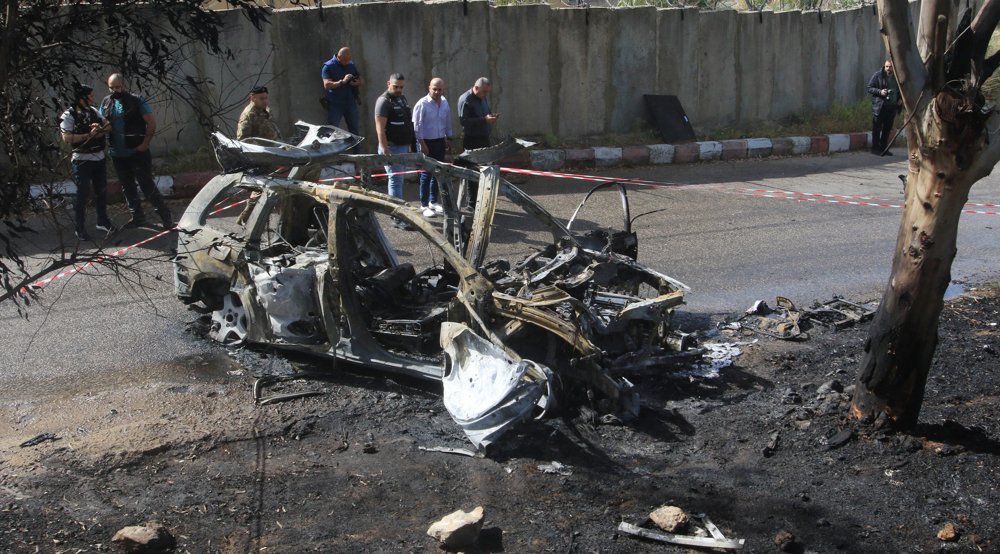
Hezbollah urges Lebanese govt. to act after Hamas-allied leader assassinated
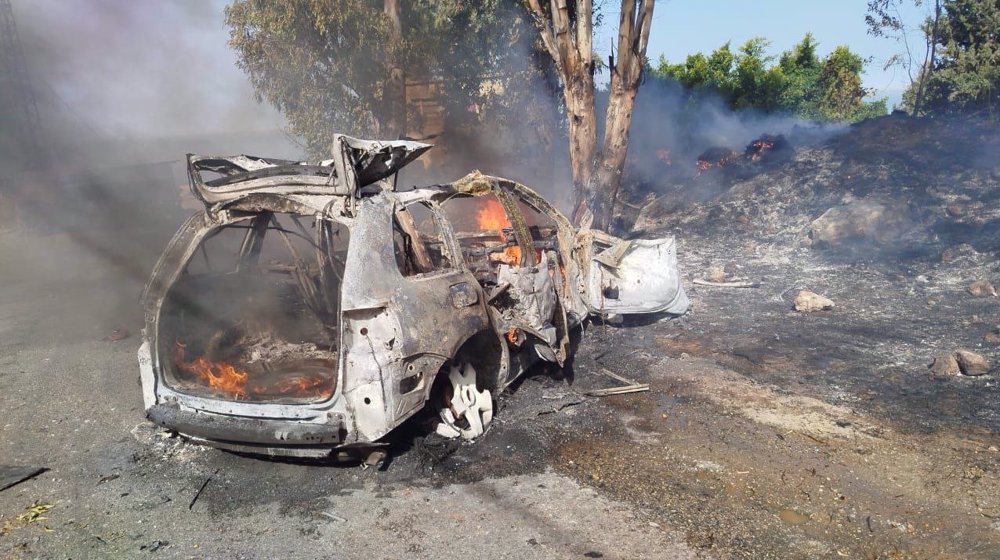
Senior Hamas-allied leader killed in Israeli drone strike south of Beirut
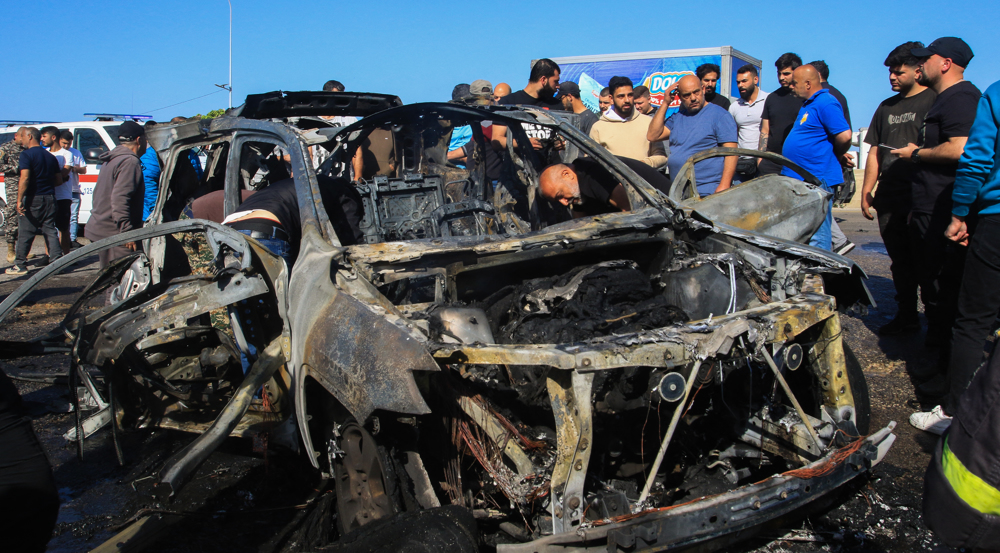
Israeli airstrikes kill at least two in southern Lebanon: Health officials
VIDEO | Pakistan’s business and cultural front unites for Gaza: Nationwide shutdown, boycott announced
US jets carry out more aggression against Yemen
Syrian militants enslaving Alawite women in Idlib governorate: Report
VIDEO | US pro-Palestinian campus protest
VIDEO | Palestinian civil defense rejects Israel’s probe and exposes the crime
India downgrades ties with Pakistan after deadly Kashmir attack
Iran’s steel output up 3.7% y/y to 3.3 million mt in March
There is good chance that US and Iran can reach an agreement: Veteran diplomat


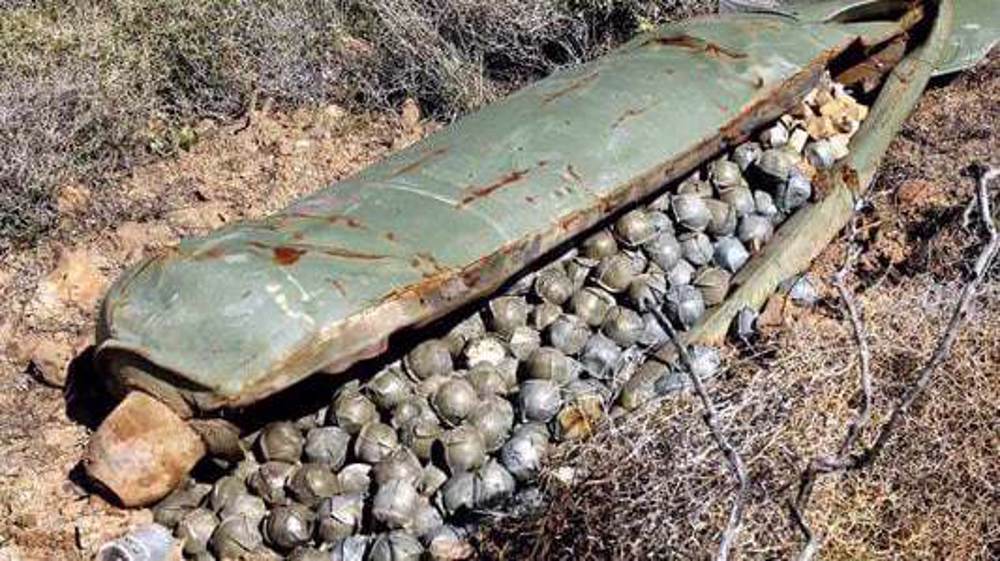




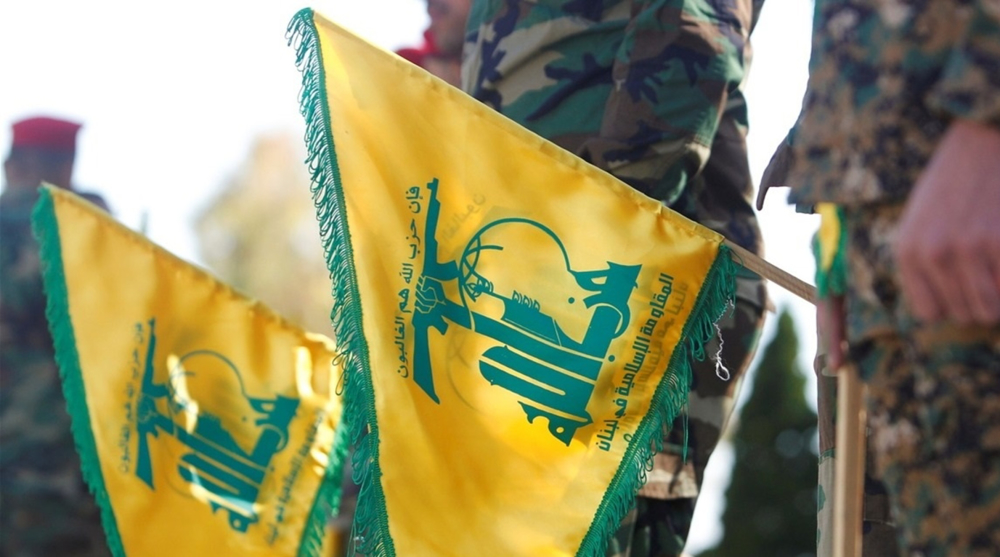
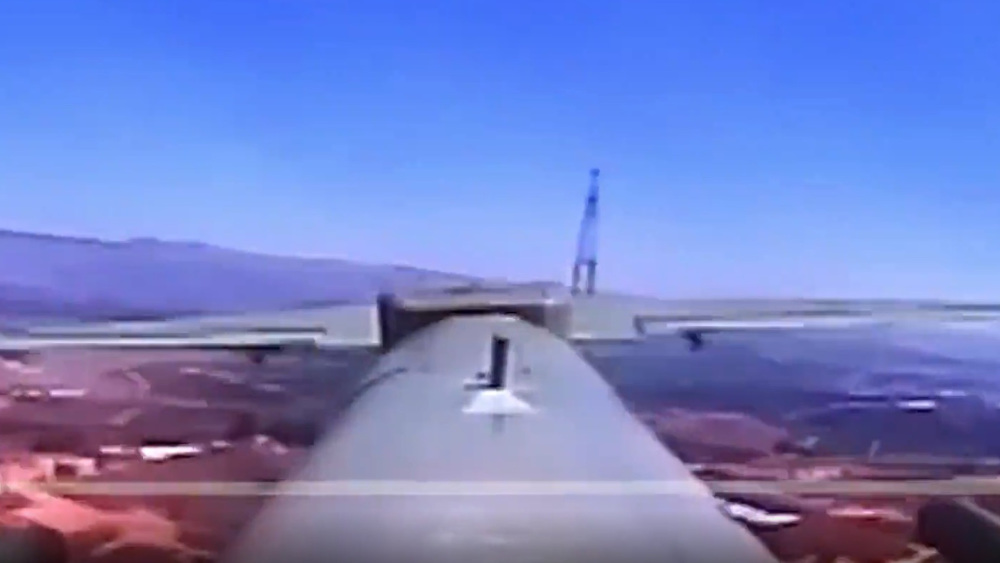

 This makes it easy to access the Press TV website
This makes it easy to access the Press TV website